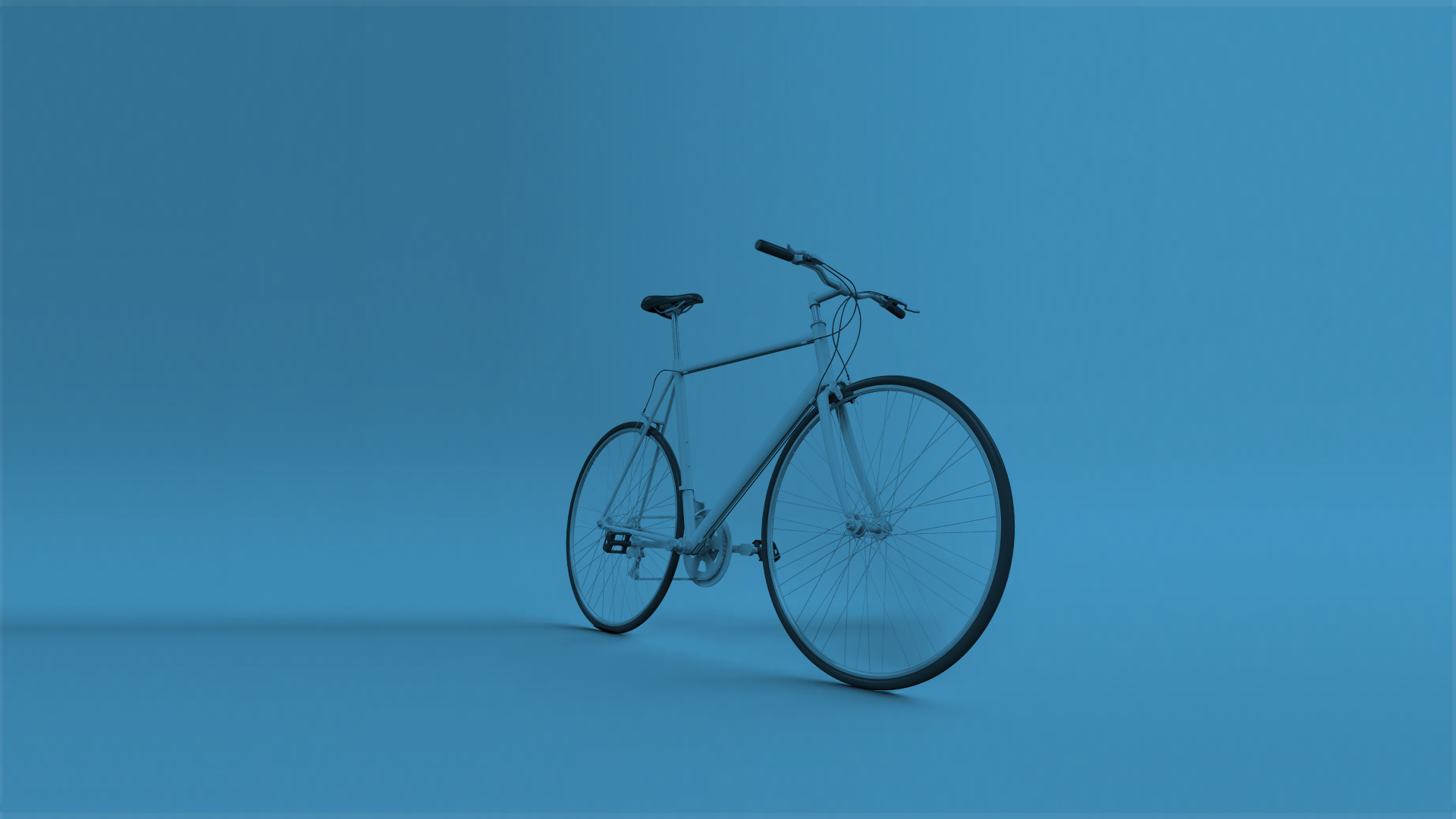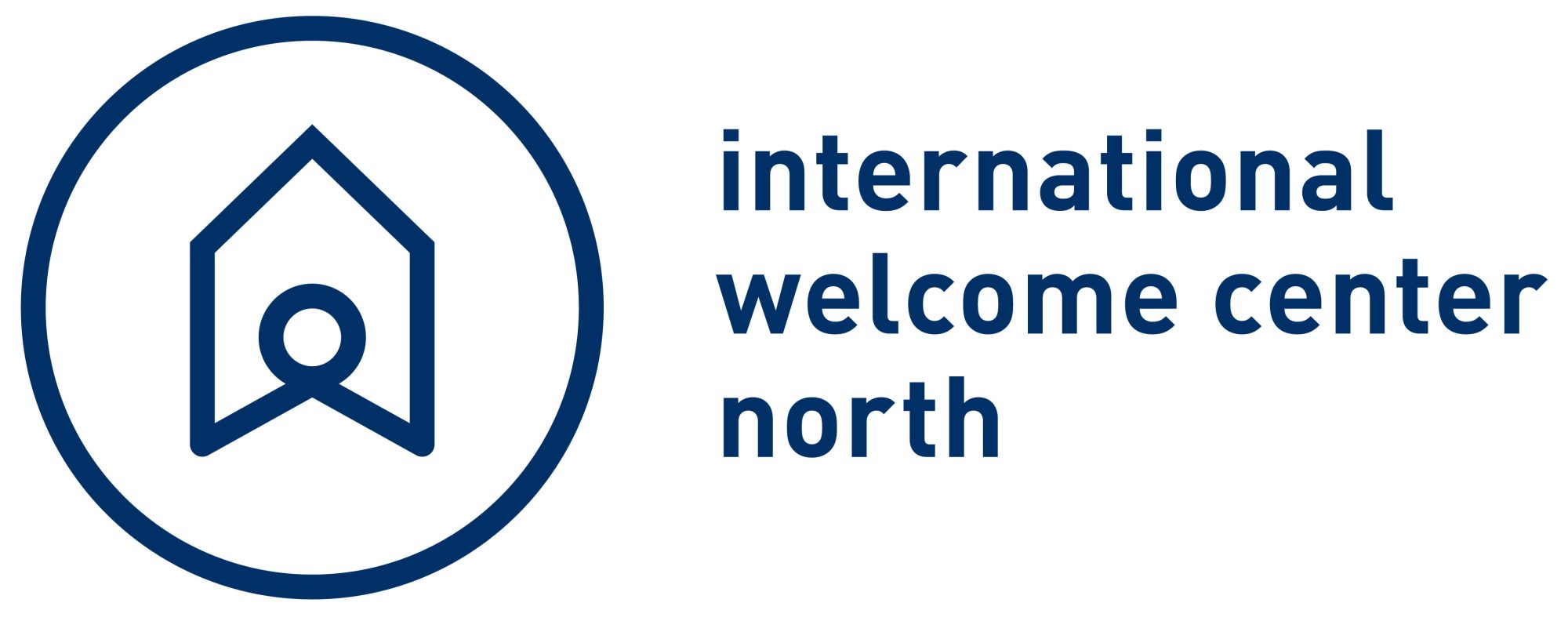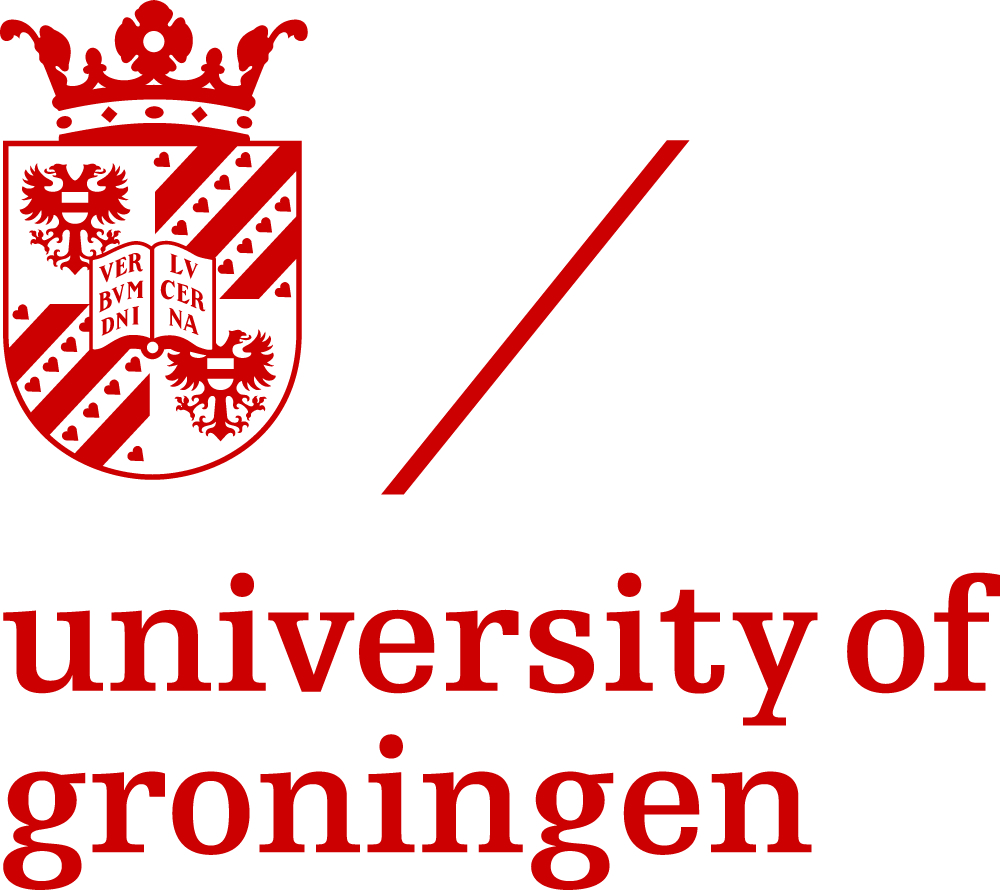Life in TopDutch
Are you ready to join TopDutch? Whether you’re planning on joining one of our over 600 international companies, our four world renowned universities, or set up your own enterprise with the support of our interconnected business ecosystems, this section guides you through arriving, setting up and enjoying your new life in the TopDutch region.

Your guide to living in TopDutch:
Help with working, studying and living in TopDutch:
Some frequently asked questions:
In the TopDutch region we have a choice between both state-funded and private international schools at elementary and secondary school level. English is the main language of instruction in all of the international schools in the TopDutch region, however of course there is a lot of support to help children that do not yet speak much English and Dutch is always taught as a second language.
There are three choices in the Northern Netherlands:
- GSV International Department (Groningen) follows the British Curriculum for Primary Schools, combined with the International Primary Curriculum. Within the wider school is also a bi-lingual department, which is aimed at Dutch pupils who want to be educated partially in English.
- Eerde International Boarding School (Ommen) is a day and boarding private school that educates from ages 4-19. They follow Cambridge Primary and Middle Years Curriculum, the International Primary and Middle Years Curriculum, iGCSEs and the International Baccalaureate Diploma program.
- International School Groningen (Haren, Groningen) is a state-funded English-taught secondary school. They follow the International Baccalaureate Middle Years and Diploma program.
Before you arrive in the TopDutch region, you may feel a little scared in terms of making friends and integrating. Fortunately, there are so many people from all around the world who are or who were in the same situation, and therefore making friends as an international resident is becoming easier and easier. There are a number of international organizations aimed at helping expats settle in. Connect International, for example, organizes events and clubs regularly so that expats in the TopDutch region can get to know each other. Apart from that, there are loads of groups, meet-ups and parties organized for internationals either in English or – even better – in basic Dutch to help you integrate!
If you speak English, you probably won’t have difficulties talking with TopDutch people; we have the highest population of non-native English speakers in Europe.
In the Northern Netherlands, we’ve set up a platform especially for companies and international talent to connect, post/apply for jobs and network: no Dutch, no problem! Find out more at www.makeitinthenorth.nl.
Here in the TopDutch region we like to work hard and play hard. Time is money in our culture, so we like to get straight to business in meetings. But once the work is done, many Dutch companies like to socialize together in a borrel, meaning after-work drinks, where we relax together with our colleagues.
Being a country with one of the lowest power-distances in the world, the hierarchy here may seem a little funny when you first arrive here. Bosses and interns alike are all part of the team, and everyone is expected to work independently.
If you hold an EU/EEA/Swiss passport, you can freely come to work or study in the TopDutch region without a visa. Some visas for expats from other countries include:
- Student residence permit (for studying in the Netherlands at a research university, university of applied science, or vocational education).
- Residence permit for orientation year (for finding a job after you graduate from a Dutch university).
- Highly skilled migrant residence permit (for moving to the Netherlands after you’ve been offered a job).
- Start-up visa (for starting an innovative business in the Netherlands).
- Self-employed residence permit (for freelancing in the Netherlands).
There are two types of higher education in the Netherlands.
Research universities are more traditional, research-oriented education – in TopDutch, this is offered at the University of Groningen.
Universities of applied sciences focus on practical applications of knowledge. In TopDutch, we have the Hanze, Van Hall Larenstein and NHL Stenden Universities of Applied Sciences.












